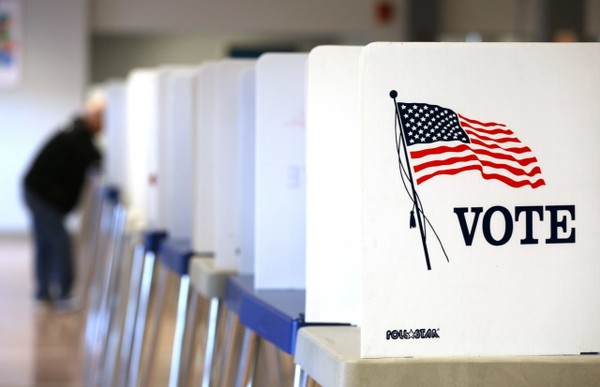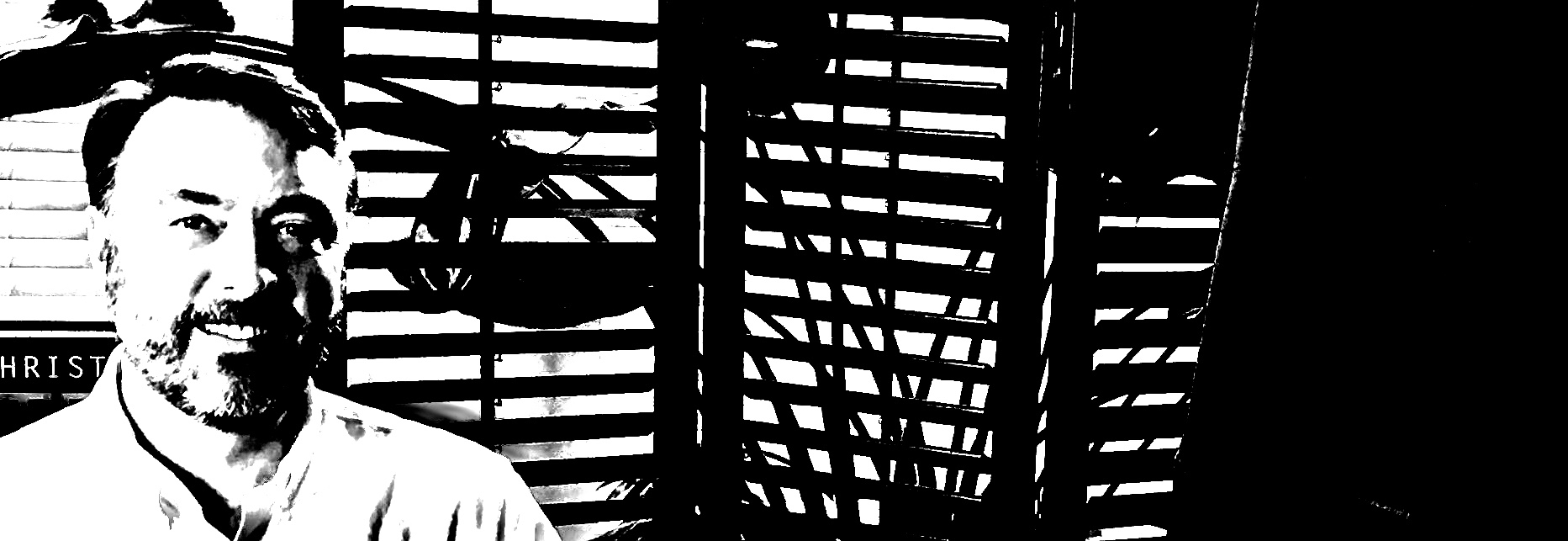Political Corruption, Part 3
As I hope I’ve successfully laid out in the past few posts, I think we face some serious threats to the future of our Republic. These include polarization and disengagement by a large section of voters at the grassroots level, and systemic corruption of our politics, particularly at the federal level. These are much more concerning to me than any outside agent, to include China, Russia, Iran, North Korea, etc. And, in a Washington Examiner article from 2017, two former Representatives, one Republican and one Democratic, agree with me.
As history shows us, the existential threat to democratic forms of government comes not from without, but from within. John Adams put it quite pessimistically:
“Remember, democracy never lasts long. It soon wastes, exhausts, and murders itself. There never was a democracy yet that did not commit suicide.”
Still, I firmly believe we can pull ourselves away from that abyss. But, we do have our work cut out for us if we want to leave behind a country worth inheriting for those who will follow us.

There are a host of organizations focused upon various aspects of political reform, and I’ll list many of them near the conclusion of this article. Some may be more appealing to you than others, depending upon your political persuasion and interests, but I’d encourage you to check each of them out for more information. The list is by no means comprehensive, but I think I got most of the major groups.
Some are focused upon alternative voting and representation, some on money in politics, and some are highly specific, such as the Town Hall Pledge and U.S. Term Limits. Others are more comprehensive, touching on multiple issues of importance. Among the latter, I think the American Anti-Corruption Act and Blueprints For Democracy are definitely worth checking out, along with the suggestions in the Harvard Business School study, Why Competition in the Politics Industry is Failing America, I have mentioned multiple times. By the way, I don’t agree with all of the proposals suggested in some of these sources. For example, the American Anti-Corruption Act basically recommends circumventing the Electoral College as designed, which I don’t necessarily support, although I understand their concerns.
I believe we need to pursue those proposals which are both feasible and most impactful, versus those which are improbable and/or less effective. Some that would be effective but are long-shots may be worth considering, but we have to recognize that it may take years of effort to realize them. I think it’s also worthwhile to bear in mind that not all potential solutions need to be realized through legislation or regulation. At a grassroots level, we can lend support to reforms that are not codified by law, but reinforced more powerfully by our voices and actions. For example, supporting candidates who pledge to hold regular town halls, or to eschew PAC support, and then holding them accountable if they fail to live up to those pledges. It is also essential to realize that there is no silver bullet; reform of our political system must be multi-pronged and persistent to be effective.
The list of potential reforms is long, so I won’t touch on all of them, but only the ones I think are most promising, or I think are more interesting.

Money in Politics
Money has become horribly corrosive to our political system, and impacts it in many different ways. It does so directly through donations to campaigns, which greatly favors incumbency. It should come as no surprise that while Congress typically has an approval rate of 20% or below, reelection rates are usually 90% or above.Money from lobbyists to support reelection also influences the legislative product. Far too often, when our elected officials vote on legislation, it has largely been crafted by lobbyists to their advantage.And, many times, our elected officials fail to read the legislation prior to voting on them. Apart from direct donations to reelection campaigns, elected officials can also be enticed to support certain legislation with the promise of future employment as a high-paid lobbyist or consultant. This is known as the revolving-door between Washington and K Street. In addition to all of the above, our system is also now compromised by “dark money” through 501(c) nonprofits and Super PACs.
The last major campaign finance reform was passed in 2002, but was effectively eliminated by the Supreme Court’s Citizens United decision in 2010. Given this, legislative solutions here are possibly limited without a Constitutional Amendment, which is a very high bar. Still, I’d like to see another effort be made, even if it was returned to the courts. It might get overturned, but it might not. You won’t know until you try; kind of like asking someone out on a date. Yet, even absent legislative reform, we can still have an impact. My prior Representative, Jim Leach, refused all PAC and out-of-state financial support, and only accept up to one-half of the maximum amount from in-state donors. Granted, that was a different time, pre-Citizens United, but I still think it’s an admirable model to emulate. As for me, I will only financially support candidates in the future who pledge not to accept PAC support, and will do so myself, if I ever run again in the future.
In short, I support wide-ranging campaign finance reform (possibly to include public financing of elections), stopping lobbyist-influenced legislation, closing the revolving door, and throwing a harsh light of transparency on dark money. But, I think all will be a heavy lift, and none offer a near-term solution to our problems, unless realized on a widespread, grassroots level. But, that doesn’t mean we shouldn’t continue to try, over and over, again.

Voting and Representation
I am more optimistic about alternative voting schemes, such as Ranked Choice Voting, also known as Instant-Runoff Voting, as opposed to our more common First-Past-The-Post, or Plurality Voting system. It should help decrease polarization, potentially offering up more centrist candidates, and should also lessen the effectiveness and attractiveness of gerrymandering. But, it is not a cure-all. For example, I don’t believe it would necessarily increase the viability of third-parties, but it should give them more of a chance to have a meaningful voice.
Another interesting idea is to have dual-member districts, represented by the two top vote recipients in any election. For Iowa, imagine that the 1st and 2nd Congressional Districts were combined, and ditto for the 3rd and 4th. An election would be held for those combined districts, and presumably one candidate from each of the two major parties would be elected, and both would serve in Congress. The House of Representative would still have the same number of members, and Iowa would still have four Representatives, but the appeal to the extremes of each political base should be lessened. A comparable result would be achieved by keeping the districts as they are, but having dual-representation in each, which would double the size of the House of Representatives, which is arguably overdue. However, none of these options is likely to be enacted in the near future.
Gerrymandering safe legislative districts is a practice that clearly needs to end. Iowa has a great model here, using bipartisan commissions to propose new districts. The state legislature can only approve or disapprove, not modify. Other states should follow Iowa’s example, and indeed this is gradually happening.
I am also a fan of the idea of open, nonpartisan primaries. As things are now, either a Republican or a Democrat is going to win most general elections, and I think every voter should have a voice in deciding which candidates of all parties are going to face off in a general election. For example, with the Iowa Caucus less than a year away, I’d like to have some input on which Democratic candidate might advance to win that party’s nomination. Opening up primaries to all voters should lead to viable candidates who would appeal to a broader swath of the electorate, rather than simply one partisan base or the other. This is something which could be done right now, at a state-by-state level.

Legislative Governance
For the past few decades, Congress has become increasingly dysfunctional in how it governs itself. This has been most pronounced in the House, but the Senate has been catching up. Congress is supposed to operate under what is called “regular order”, in which the various committees and subcommittees operate semi-autonomously, engaging in public hearings, holding multiple votes, thereby promoting consensus-building in making decisions. However, this process has largely been lost, with leadership in both houses of Congress now regularly determining what legislation will be brought up for a vote, shelving other recommended legislation, even from their own party members, and stifling public debate. As just one example of this, it has been over two decades since Congress passed a proper budget on-time and through regular order. No wonder we’re $22 trillion in debt! Paul Ryan pledged to return regular order to the House when he became Speaker, but then failed to do so. And, I don’t have much hope that Nancy Pelosi will do any better.
If you’d like to read an engaging but somewhat depressing book on this subject, I can recommend Drain the Swamp, by current Colorado Representative Ken Buck.
Unfortunately, I can’t see much that we average voters can do about this dysfunction in the near term, other than to repeatedly make our objections known to those who represent us in the House and Senate, and to only support candidates in the future who share our concerns and pledge to pursue needed reforms.

Political Polarization
Coming back to where I started, I’m particularly optimistic about addressing our political dysfunction at the grassroots level, by attempting to first heal our political divisions. Better Angels is the group I have decided to become involved with, as I think it best addresses this core aspect of our current political problems. It seeks to depolarize America by restoring constructive and civil dialog between “Reds” and “Blues” through a combination of workshops, skills training, and structured debates. After all, we are supposed to be a self-governing people; but, how can we self-govern, if we can’t even speak with one another?
Better Angels takes its name from the following 1861 quote from Abraham Lincoln’s First Inaugural Address:
“We are not enemies, but friends. We must not be enemies. Though passion may have strained, it must not break our bonds of affection. The mystic chords of memory will yet swell the chorus of the Union, when again touched, as surely they will be, by the better angels of our nature.”
I have accepted a request to be the “Red” state coordinator for Iowa, and I look forward to helping to extend the mission of Better Angels throughout Iowa. I’ll be at Better Angels events in Ames, Fairfield, Clinton, and Lamoni over the next four weekends, and look forward to many more events around Iowa in the next few years. If you’d like to learn more about Better Angels, and possibly schedule events in your community, please let me know!Also, we are still looking for a “Blue” state coordinator, so if you have an interest in that, please contact me about that, also.
In conclusion, there are a lot of political reform proposals out there, and I’ve only touched on a few. The most worthwhile proposals are those that are achievable and powerful. The overriding goals should be to increase competition, accountability, and transparency in our politics.
I think the key is just to get involved with whatever interests you. That could also include your county or state political party of choice; make it the best it can be! Remember, most of what good happens in our society starts at the local level, through voluntary, grassroots associations seeking to make the world a better place. It’s clear to me that most of our elected officials are followers, not leaders. And, to be honest, that’s probably okay. But, we need to tell them where we want to go; or just go there ourselves, and then let them follow!
